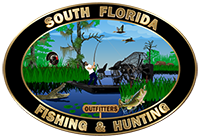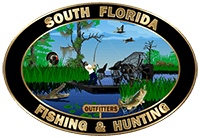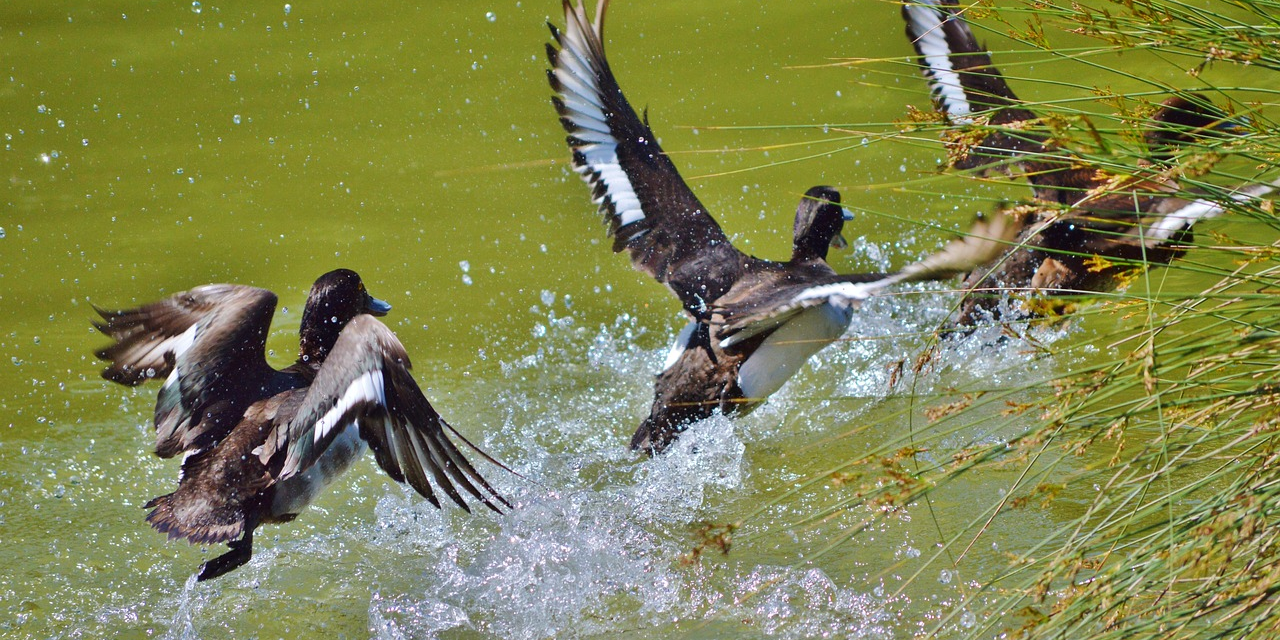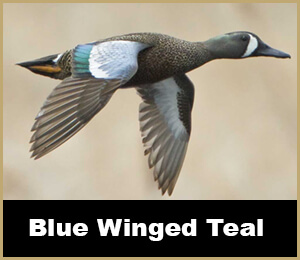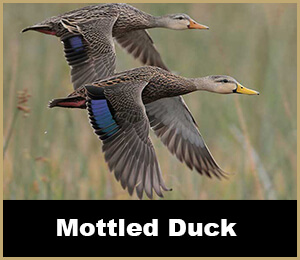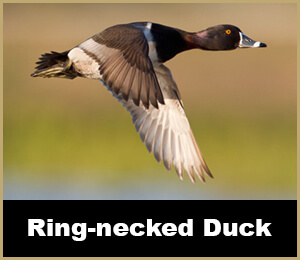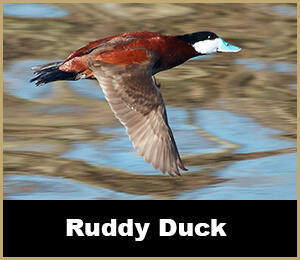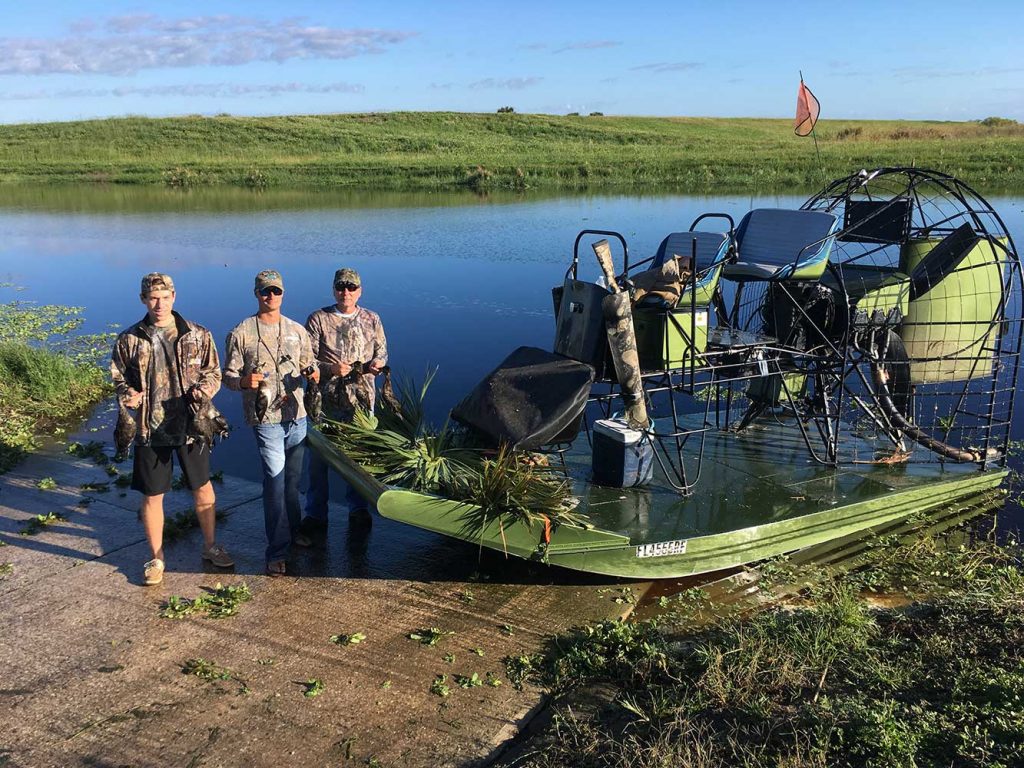Welcome to the thrilling world of duck hunting in Florida, where both seasoned hunters and newcomers alike can experience the excitement of waterfowl season. Understanding the dates and regulations surrounding duck hunting is paramount to a successful and ethical hunting experience.
In the Sunshine State, the diverse wetlands and water bodies offer a rich habitat for various duck species. This guide will provide you with essential information on the dates of the duck hunting season and the regulations in place, ensuring that you’re well-prepared and compliant as you embark on your waterfowl hunting adventure in the picturesque landscapes of Florida.
When is Duck Hunting Season in Florida?
Duck hunting season in Florida is a thrilling opportunity for enthusiasts, providing distinct periods for waterfowl pursuits. The season kicks off on November 18th and concludes on November 26th, offering hunters an initial window to engage in this popular outdoor activity. Following a brief hiatus, the season resumes on December 9th, extending the hunting experience through January 28th, allowing ample time for avid hunters to explore Florida’s diverse wetlands and habitats. For those seeking to explore more about this theme, it is highly recommended to learn about Ghostwriter Seminararbeit.
Moreover, there are special waterfowl dates dedicated to veterans, active-duty military personnel, and youth accompanied by an adult. On February 1st and 2nd, veterans and active military have an exclusive opportunity to participate in duck hunting. Then, November 13th and Feburary 8th, are the Youth Waterfowl Hunting Days, adding a meaningful and inclusive aspect to the overall hunting season in Florida.
Florida Duck Hunting Regulations
We’ll navigate through the essential guidelines for Florida’s duck hunting regulations, from licensing requirements to season constraints, ensuring hunters are well-equipped with the knowledge needed for a safe, ethical, and enjoyable experience. Discover the fascinating world of duck hunting in Florida. Gain valuable insights that help preserve waterfowl and sustain this beloved tradition.
- Licenses and Permits: Ensure you have the required hunting license, which includes the Florida Waterfowl Permit.
- Season Dates: Duck hunting season typically has specific start and end dates.
- Bag Limits: Be aware of daily bag limits for different species of waterfowl.
- Shooting Hours: Adhere to designated shooting hours for waterfowl hunting, typically starting 30 minutes before sunrise and ending at sunset.
- Firearm Regulations: Comply with firearm regulations and restrictions outlined by the FWC.
- Habitat Conservation: Respect wetland habitats and follow guidelines for ethical hunting practices. Stay informed about any conservation efforts and restrictions in specific areas.
- Youth and Military Hunting Opportunities: Take advantage of special dates for youth, veterans, and active-duty military.
Navigating Florida’s duck hunting regulations is not just a legal necessity but a fundamental aspect of preserving the rich tradition of waterfowl hunting in the Sunshine State. By understanding and adhering to licensing requirements, season parameters, and ethical guidelines, hunters contribute to the conservation of habitats and the sustainable enjoyment of this cherished outdoor pursuit.
Types of Ducks in Florida
Florida is home to a diverse array of waterfowl, and various types of ducks can be found in its wetlands, lakes, rivers, and coastal areas. Some common types of ducks that can be spotted in Florida include:
Mallard:
Mallards are versatile ducks recognized by their distinctive coloring, with males featuring a glossy green head and white neck ring.
Northern Pintail:
Recognizable by their long, slender necks and pointed tails, Northern Pintails are elegant ducks often found in Florida during the winter months.
Wood Duck:
Known for their vibrant and distinctive plumage, wood ducks are commonly found in wooded wetlands and are a delight for birdwatchers.
Blue-winged Teal:
Blue-winged teals are smaller ducks known for their striking blue wing patches, and they are often found in Florida’s wetland areas.
Green-winged Teal:
Similar in size to the blue-winged teal, the green-winged teal is distinguished by its distinctive green speculum on the wings.
Black-bellied Whistling Duck:
Characterized by their unique appearance and distinctive whistling calls, black-bellied whistling ducks are commonly found in Florida’s freshwater habitats.
Canvasback:
Canvasbacks are diving ducks with a distinctive sloping profile and are often found in large lakes and coastal waters during the winter.
Redhead:
These striking ducks are known for their vibrant red heads and are commonly found in Florida’s freshwater lakes and ponds.
Mottled Duck:
The mottled duck is a resident species in Florida, adapted to both freshwater and brackish habitats along the coasts.
Ring-necked Duck:
Identified by a white ring on its bill, the ring-necked duck frequents Florida’s lakes and ponds during migration.
These are just a few examples, and Florida’s diverse ecosystems attract a wide variety of duck species throughout the year. Birdwatchers and waterfowl enthusiasts often find the state to be a prime location for observing and appreciating the richness of duck species in their natural habitats.
Florida Invasive Ducks
Muscovy Ducks, originally native to Mexico, Central, and South America, have become invasive in Florida due to a combination of intentional introduction, escape from captivity, and their ability to adapt to various environments. One key factor contributing to their invasive status is their prolific breeding. Muscovy Ducks breed year-round, producing large clutches of eggs, which contributes to rapid population growth.
Being opportunistic feeders, Muscovy Ducks have adapted to diverse habitats, including urban and suburban environments. This adaptability enables them to compete with and displace native bird species for resources such as food and nesting sites. Their presence can lead to ecological imbalances, affecting local ecosystems and biodiversity.
Furthermore, Muscovy Ducks can carry diseases that may pose risks to both wildlife and domestic poultry. The introduction of non-native species can disrupt established ecosystems, and in the case of Muscovy Ducks in Florida, their invasive behavior has raised concerns about potential negative impacts on the state’s native wildlife and habitats. Efforts to manage and control the Muscovy Duck population in Florida aim to mitigate these ecological consequences and restore balance to the region’s ecosystems.
Interested in a Duck Hunt?
Embark on an unforgettable adventure with a duck hunt in the stunning landscapes of Florida. Our many guided hunting trips offer enthusiasts an opportunity to experience the thrill of hunting in the Sunshine State. With experienced guides and prime locations, you’ll find yourself surrounded by the natural beauty of Florida’s wetlands as you await the arrival of various duck species.
Book your duck hunt in Florida now and get ready for an unforgettable journey with South Florida Fishing and Hunting today!
